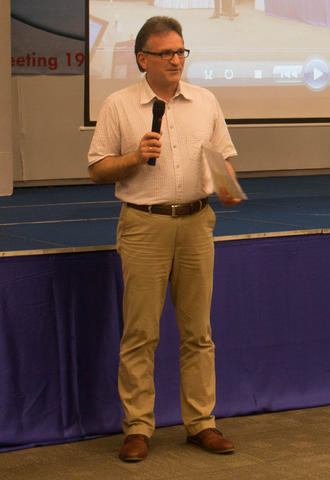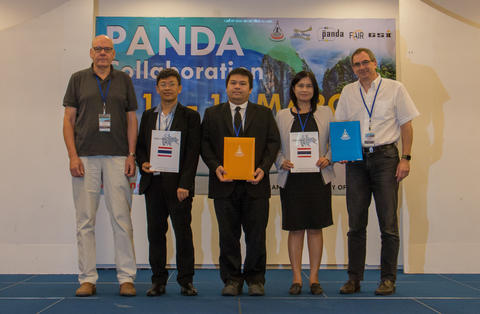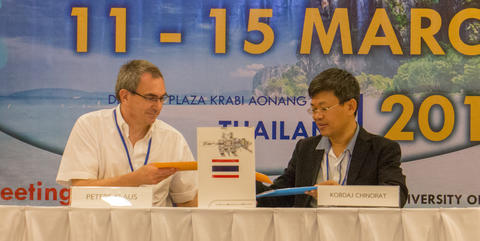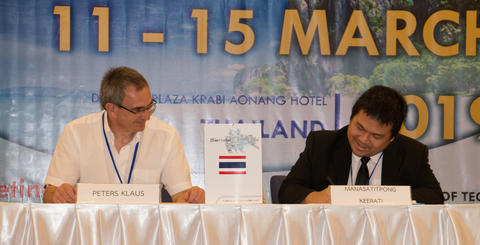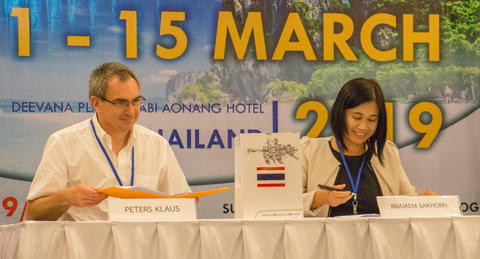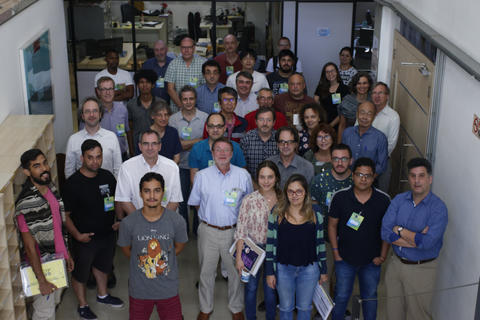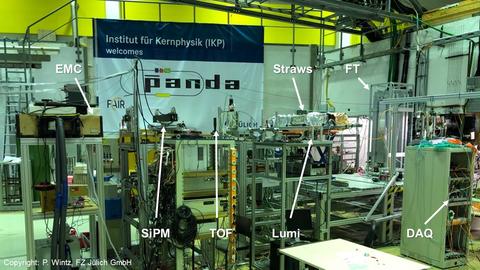+++ Recent news +++
Workshop „Physics Opportunities with Proton Beams at SIS100” was held in Wuppertal
+++ PANDA meetings +++
04/03-08/03 2024 CM 24/1 in Münster
24/06-28/06 2024 CM 24/2 at GSI
25/06-26/06 2024 FEE/DAQ Workshop
04/11-08/11 2024 CM 24/3 at GSI
16/06-20/06 2025 CM 25 in Uppsala
Upcoming events
-
19/08/2024 to 24/08/2024
-
25/08/2024 to 30/08/2024
-
26/08/2024 to 04/09/2024
-
02/09/2024 to 05/09/2024
-
27/03/2025 to 31/03/2025
-
02/04/2025 to 04/04/2025
Powered by Drupal


